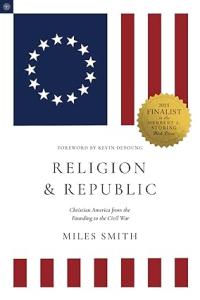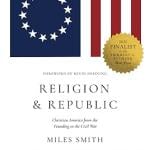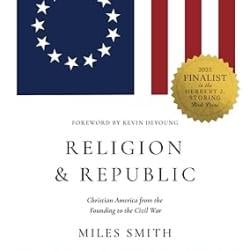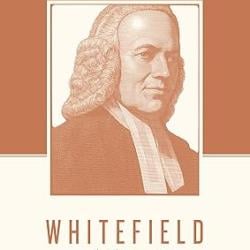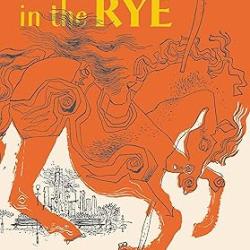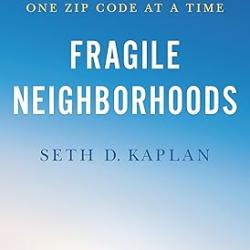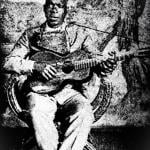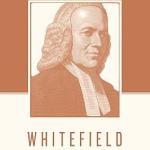I’m reading through Miles Smith’s recent(ish) book Religion & Republic: Christian America from the Founding to the Civil War. I don’t know that I’ll post about every chapter in the book, but the Preface was intriguing enough I thought it worth a short response here.
The overall point of the book, as least according to the preface, is to explore the early history of “Christian America” not through our modern understanding of what it means to be a “Christian” nation, but as the people involved would have understood it. That is, the America of 1789-1865 was not a secular nation, but neither was it formally Christian. Instead, it was what Smith calls “Christian institutionalist,” where it was understood that Christian institutions would dominate while dissenters (secular or otherwise) would be tolerated.
This will be a bit of a paradigm shift for those of us living in the “Negative World,” where cultural Christianity is functionally dead, but it will also be a paradigm shift for those who want to see the “Christian” world of the past brought back into the present.
Overall, the preface is excellent and if the same quality continues this will be the fantastic book that I’ve heard it is.
Smith makes a few points that are worth highlighting, and maybe even pushing back against slightly:
-First, he argues that the term “Christian Nationalism” is so vague and has been used so much that it’s functionally worthless in modern discourse. I think he’s certainly got a point that the term has been overused–particularly by its opponents (and more particularly on the Left). But I’m not quite ready to jettison it yet, particularly when there are those who embrace it. It might by that like the terms “conservative” or “liberal” or “Protestant” or “Evangelical”, we have to have a category for words that are overused, hard to nail down, and still important for understanding how the world works. I am a Protestant and an Evangelical, and even if we don’t agree on the specifics of what those terms mean, I’ve still told you something about myself–at the very least that I am not Roman Catholic, Eastern Orthodox, or Mainline Protestant.
-Second, he argues that Evangelicals have gotten too hung up on the personal faith (or lack thereof) and overlooked the actual church involvement of the Founders, and what that means for the history of the Republic. Where Evangelicals want to see transformed lives and societies, we tend to overlook the continuities of institutions. Smith is certainly right to make this distinction, though I’ll be interested to see if there’s anything he can actually do with it.
For example, we Evangelicals tend to look at the history of higher education in America as one of faithful institutions declining and then abandoning their faith (with the occasional revival temporarily slowing the decline), only to be replaced by new institutions with the goal of being faithful. So Harvard was replaced by Yale when it lost its adherence to the Gospel, Yale by Princeton, and so on down to, oh, Patrick Henry College or Liberty or any of the more recently founded Evangelical institutions, which will themselves be replaced some day when their light fades.
And yet, Harvard and Yale and the rest still exist as colleges. Perhaps not Christian colleges in any meaningful sense, but colleges nonetheless. There is a history that is relevant and important separate from the presence or absence of faith–and a history that still affects the nation and the Evangelical world as well.
So I will be interested to read where Smith goes with this. Surely Evangelical and secular historians are right to point out that America is not a “Christian” nation in the Evangelical sense of the term (there’s no such thing as a “Christian” nation in that sense). But surely Smith is right that it matters that there were institutional churches and most Americans used to be part of those churches, and that those churches were assumed to be a part of the cultural and political landscape.
In a sense, this is a book that had to be written by an Anglican–of course he is going to be friendlier to the idea of an established church, however informal, than I am as a Baptist with a (Biblical) vision of a church with primarily regenerate membership. Again, I’ll be interested to see where he goes with this as well.
Dr. Coyle Neal is co-host of the City of Man Podcast an Amazon Associate (which is linked in this blog), and an Associate Professor of Political Science at Southwest Baptist University in Bolivar, MO


